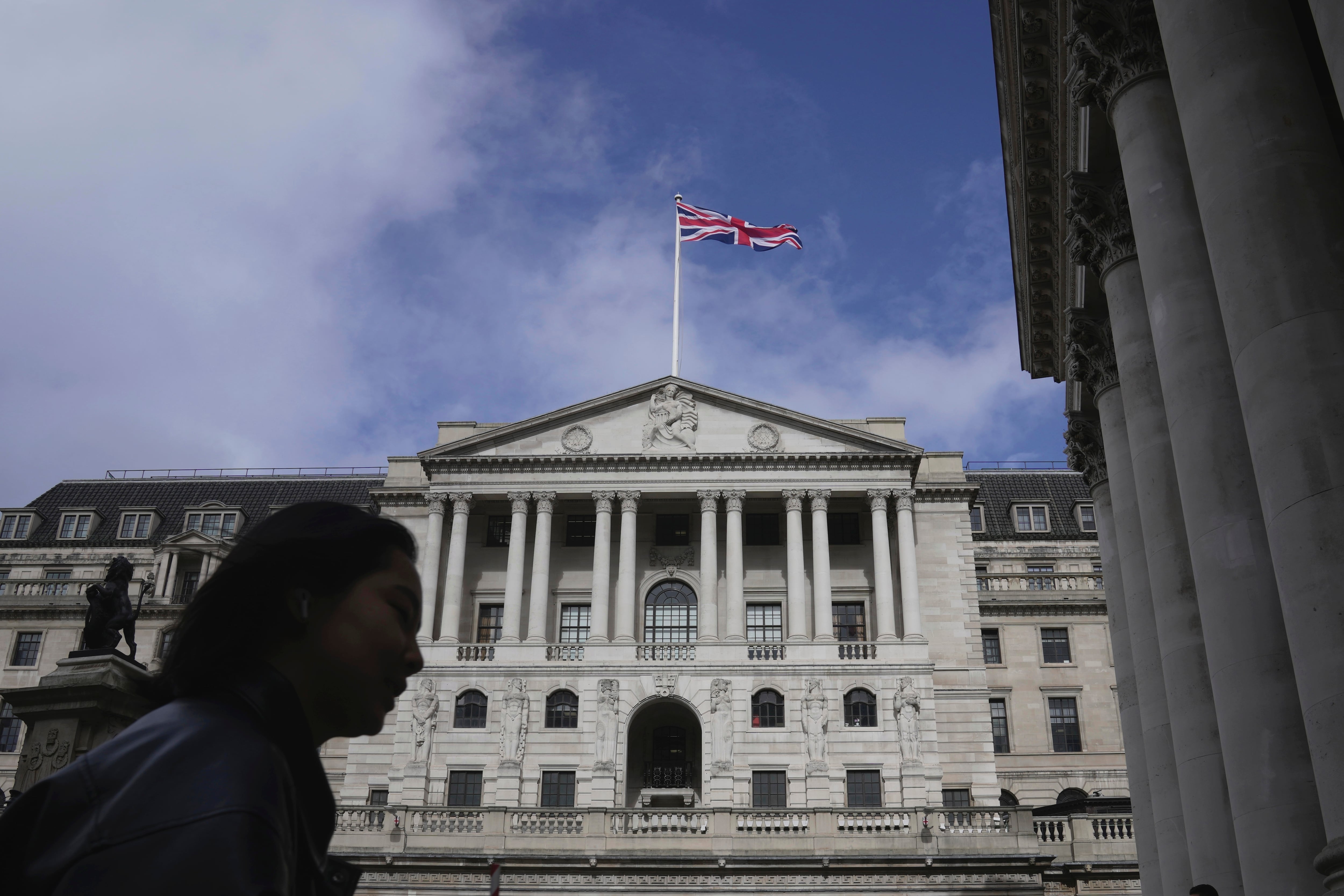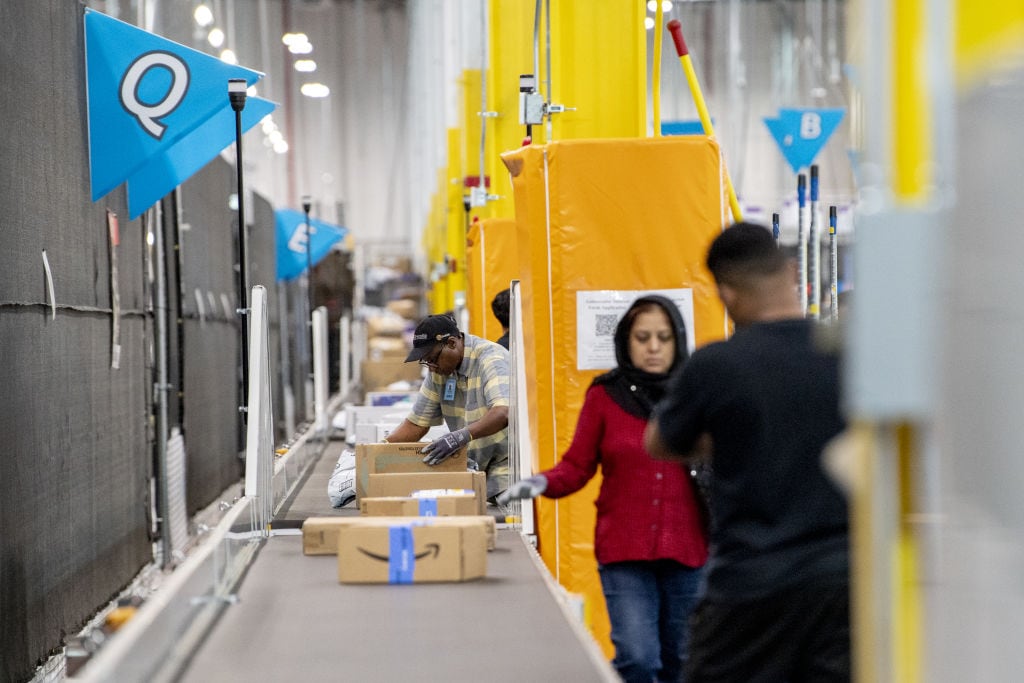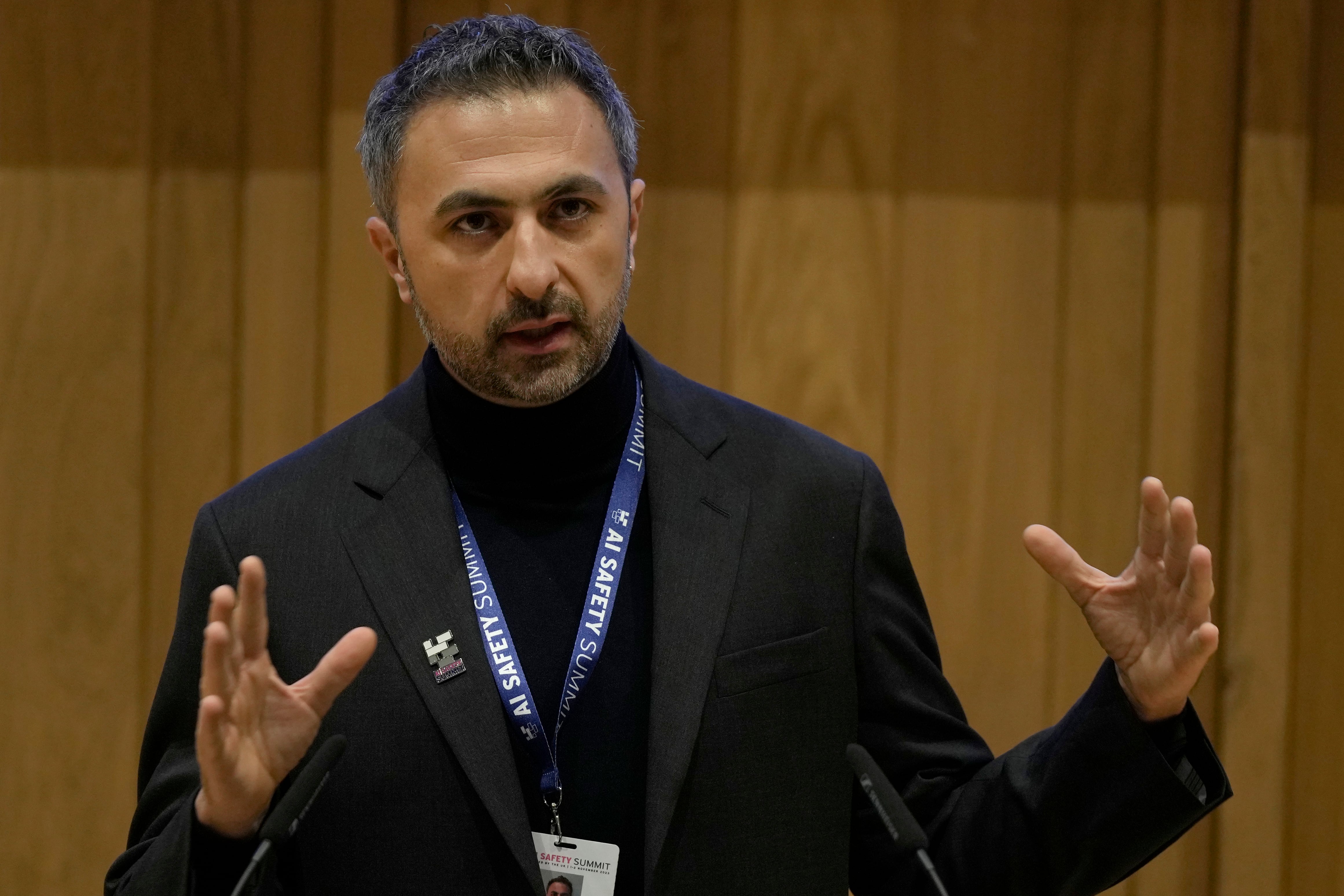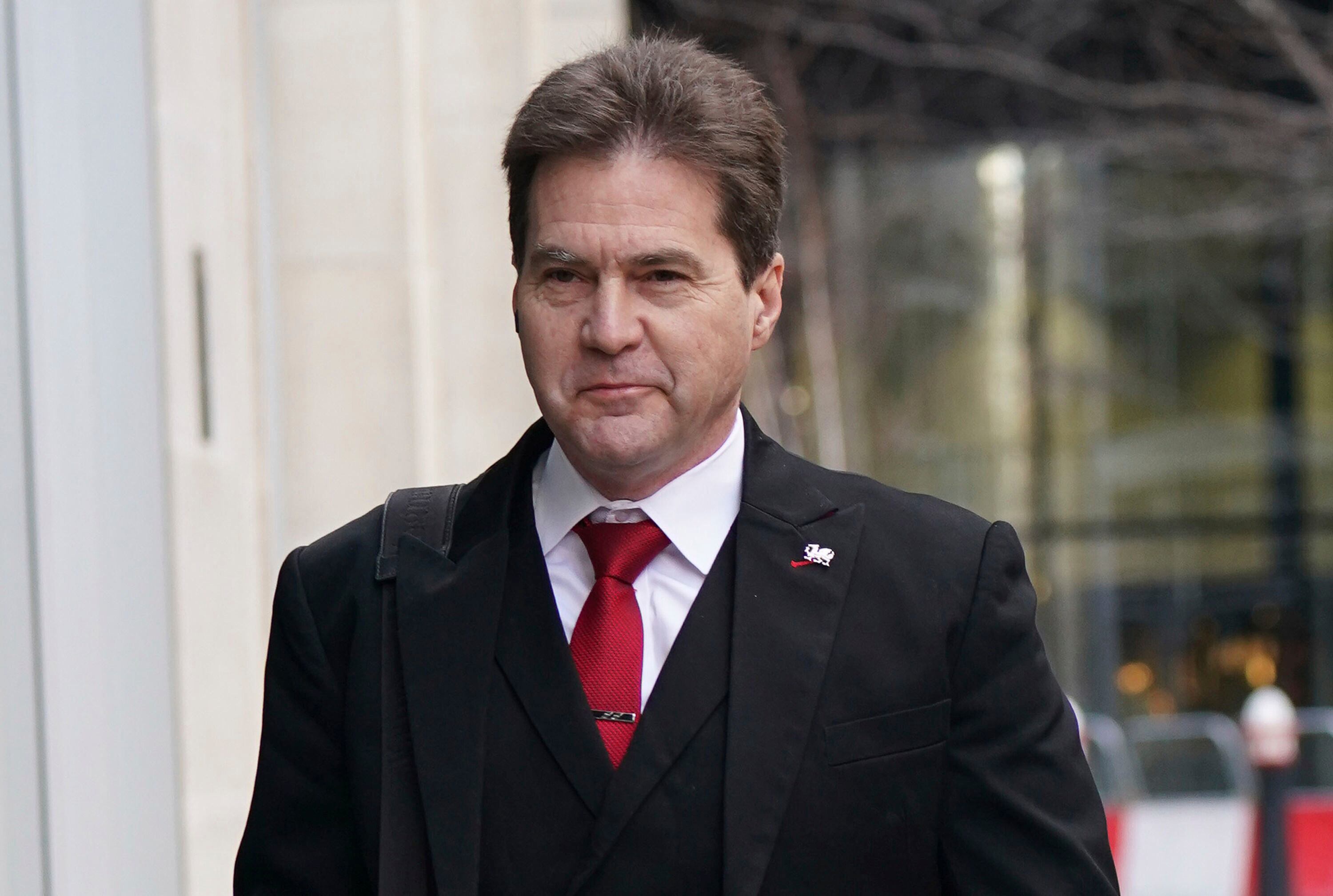Fast-casual chain Panera is looking to shake up the food industry with it’s "Cool Foods Initiative" that will revamp its menu to label the carbon footprint of each item.
According to Panera CEO, Niren Chaudhary, the idea behind the change is to bring awareness to customers about the foods they eat and their links to climate change.
"What many of us don’t realize is as much as 25 percent of greenhouse gas emissions are caused by food production and agriculture," he said.
Through a partnership with The World Resources Institute, Panera was able to identify which foods on its menu contributed the most to climate change. The 55 percent of the chain’s menu options found to be climate-friendly will now be labeled as Cool Foods.
As the taste buds of customers continue to evolve, Chaudhary said the chain will continue to research options that are environmentally friendly, flavorful, and healthy.
"Panera is a mainstream brand. We’re a brand for everybody. We embrace everyone. So, I think whatever the needs are, we believe in providing meaningful choices," he added.
The updated menu could potentially lead to significant changes in the climate crisis.
"If all Americans were to replace ten quarter-pound burgers and fries with Panera’s chicken avocado sandwich and chips, that would be equivalent to taking 16 million cars off the road for a year," Chaudhary claimed.
When it comes to being an industry leader, Chaudhary hopes the food industry will again follow suit in being honest about their products and the ingredients in them.
"In 2010, 10 years ago, we were the first brand to make transparent our calorific value and then that became an industry standard. And now, 10 years later in 2020, we’re the first brand to make transparent the carbon footprint of all of our food," he said.












